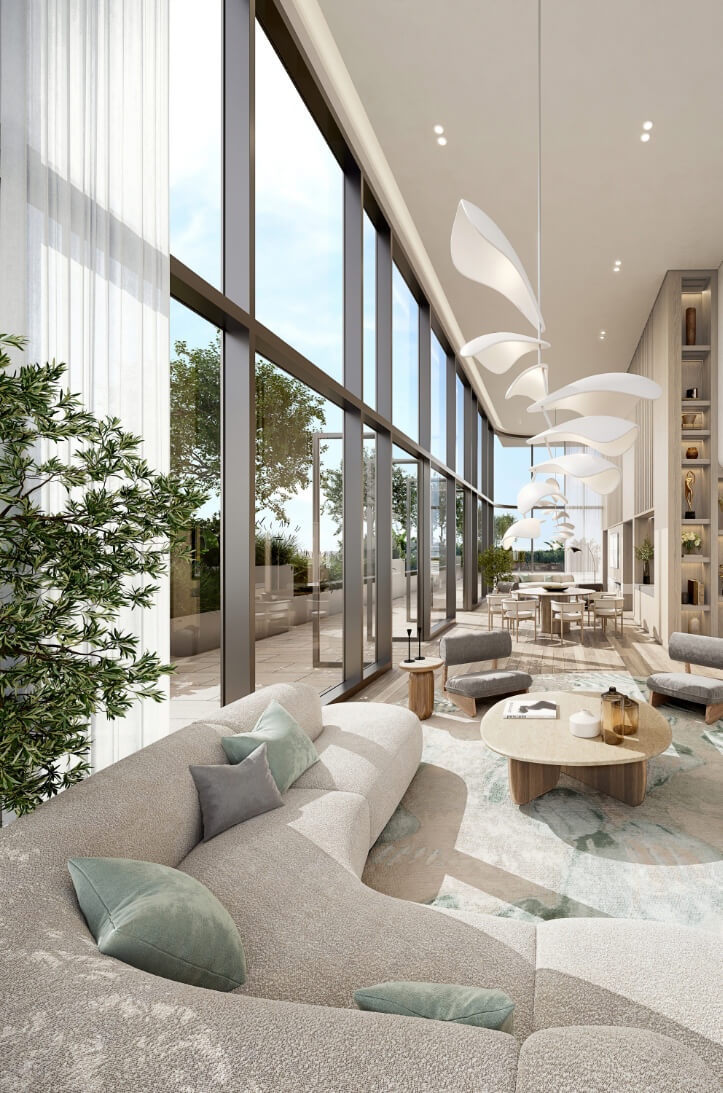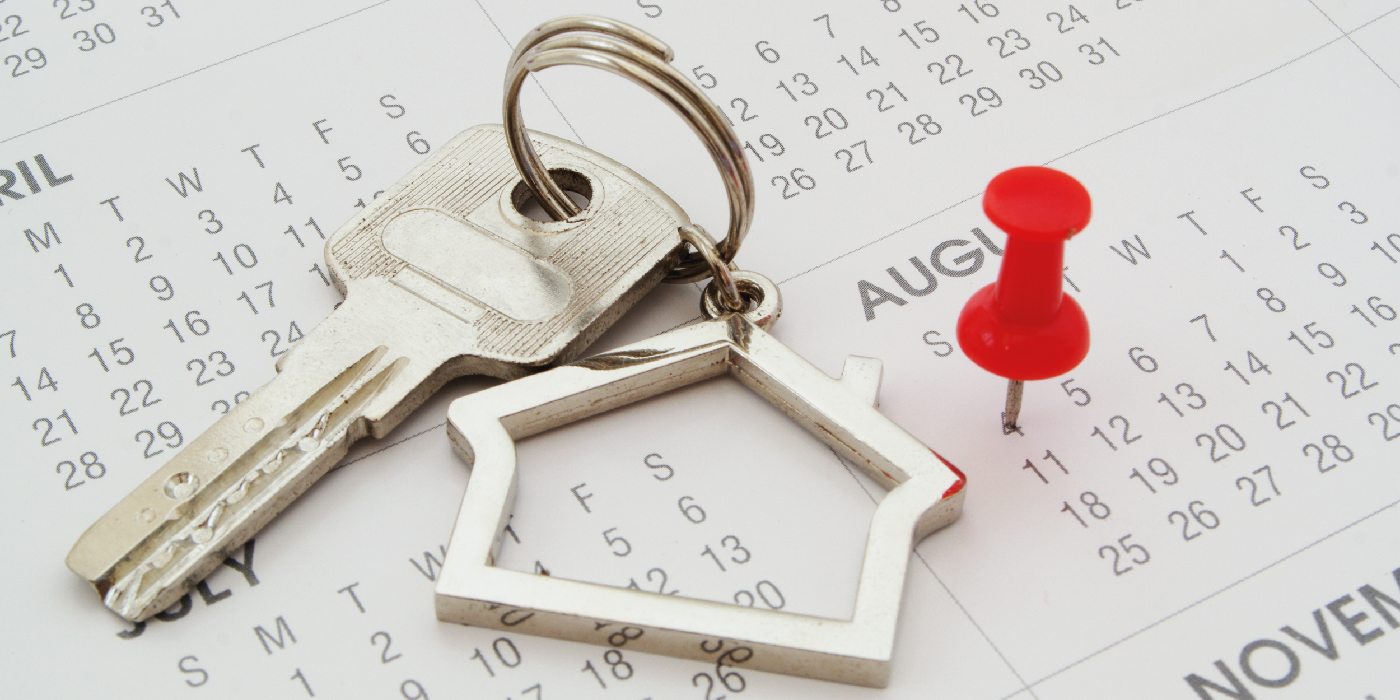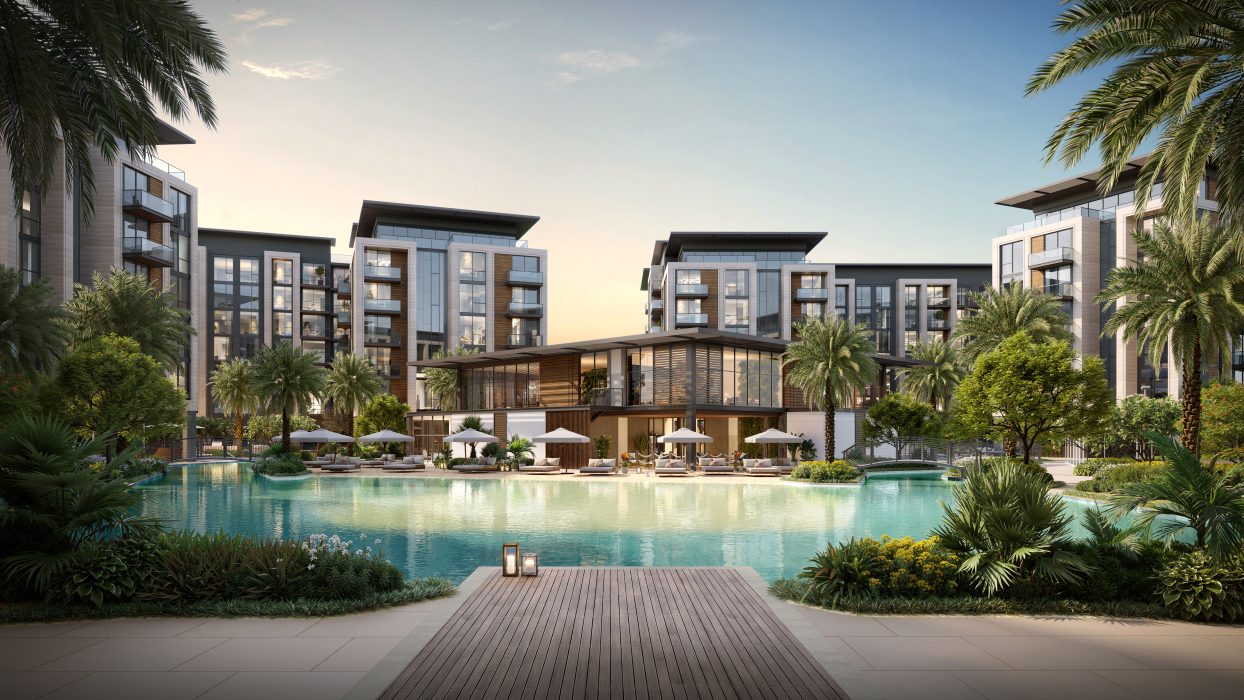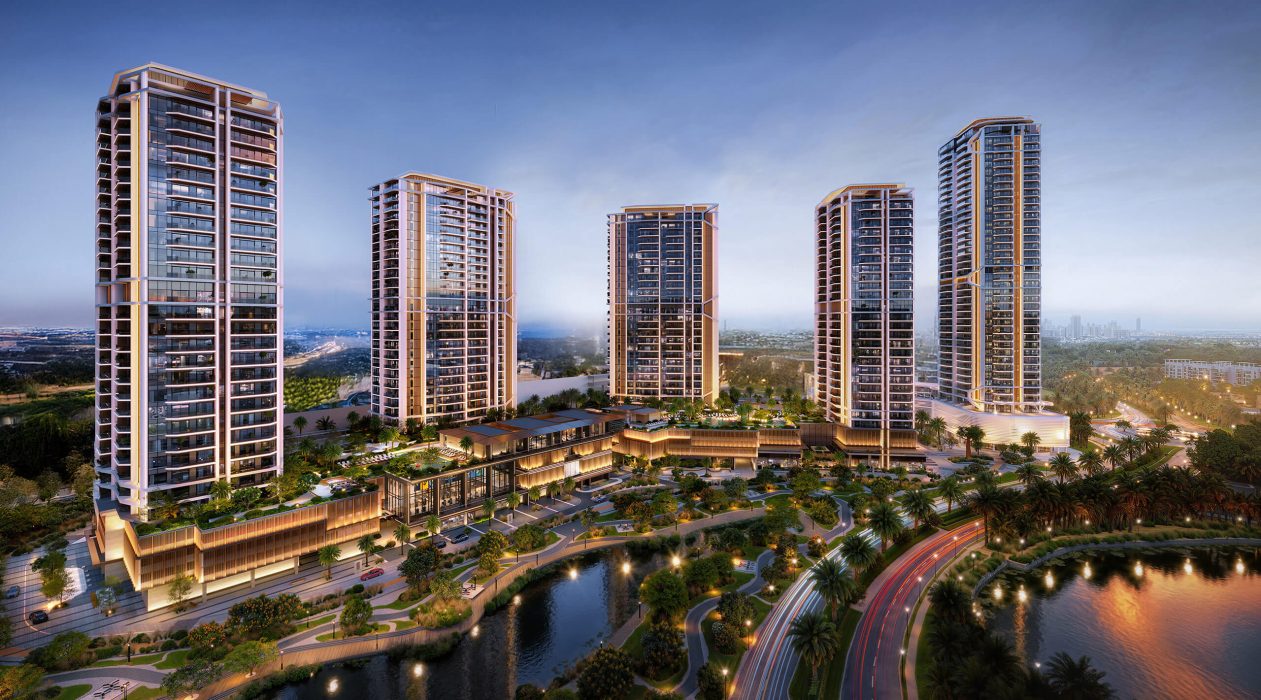Dubai has witnessed a staggering AED 111 billion in real estate transactions, in just the first half of 2018. An almost tax-free country, the UAE saw the introduction of value-added tax (VAT) at the start of this year. Many feared that this would negatively impact Dubai’s real estate market, but as the date of Expo 2020 approaches, more and more investors will be drawn to the UAE.
This drives the question, what changed in Dubai’s real estate market since 2017, and are last year’s trends a time of the past, or are they present in the 2018 market as well? Did the introduction of VAT drive fewer people to buy real estate in Dubai this year, or the contrary?
You can read on for an overview of the market’s trends and performances of 2017 Vs. 2018 below:
Market’s Performance in 2017
In 2017, around 65% of Dubai’s real estate sales transactions were for off-plan properties. In the same year, ‘affordability’ dominated Dubai’s real estate market. More real estate buyers preferred smaller units such as one-bedroom and studio apartments. One-bedroom apartments totaled 39% of all property sales in Dubai, while studio apartments accounted for 36% of all sales. The market saw a large percentage of first-time buyers preferring smaller and more affordable properties.
Dubai Real Estate Prices on the Rise
Despite the affordability trend of 2017, property prices are expected to increase as we approach Expo 2020, according to an article by Khaleej Times. Consequently, buyers and investors are advised to partake in Dubai’s real estate market as soon as they can, in order to reap the benefits of low purchasing prices and higher rental returns during and after Expo 2020.
Because of the introduction of the VAT, developers have been incurring extra costs for general service transactions and construction materials, as per a report by Deloitte.
Government Initiatives
Government spending is increasing year after year, as Dubai approaches its goal of becoming the world’s smartest city by 2021. Hence, more government services are now online, and the use of smart services is becoming a daily practice for UAE residents and locals. Even real estate apps are being introduced into the market to ease transactions between buyers and sellers.
Dubai’s real estate market in 2017 witnessed great growth and stabilization, and this is only expected to increase further as the city continues to invest in infrastructure to stay on the forefront of trade and technology.
Residency up to 10 Years
In the first half of 2018, the UAE government announced 10-year residency visas and 100% foreign ownership of companies. This is a large step for the UAE and is expected to drive in more investments into the country, directly contributing to Dubai’s real estate market – both residential and commercial.
Now, more renters and expats in the UAE can buy property in the country with a clear mind on future matters and legalities. More renters are becoming tenants, as more residents want to stay in the UAE, and are preferring to pay for a mortgage rather than rent.
Currently, renewable property visas last for two-years and are issued by the Dubai Land Department. Those eligible are investors who own freehold property at a value of AED 1 million or more. Other visas include a six-month residency visa and a multiple-entry visa.
If you are interested in entering Dubai’s real estate market as a buyer or investor, our expert team at Ellington Properties can offer you a select range of properties for sale to suit your requirements. Contact us at info@ellingtongroup.com to discuss how we can help you reach your goals.







